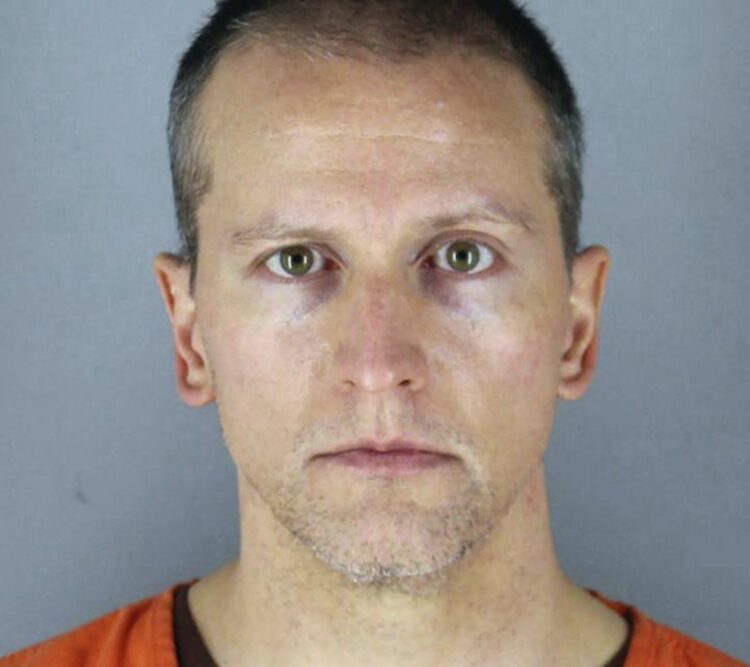By Aaron Miller-
A third-degree murder charge added to the charge against the former police officer in the case of George Floyd’s death – a move that could increase the odds of a murder conviction in what will be one of the highest-profile police trials in the US.
Prosecutors successfully called for a third-degree murder charge to be added to former Minneapolis officer Derek Chauvin’s charges, which already included second-degree murder and manslaughter.
Prosecutors sought to revive the charge after the state’s court of appeals recently upheld the third-degree murder conviction of another former Minneapolis police officer in the 2017 killing of an Australian woman. They argued that the ruling established precedent that the charge could be brought even in a case where only a single person is endangered.
A judge has now granted the request, despite attempts from Chauvin’s lawyers to block it.
Chauvin pressed his knee against Mr Floyd’s neck for nine minutes and Floyd was later declared dead.
The outrage over Mr Floyd’s death was a touchstone for one of the largest demonstrations against racial inequality and police brutality ever seen in the US, with reverberations felt across the globe. Floyd’s words of “I can’t breathe” becoming a rallying cry for protests across the country.
Although second-degree murder imposes more prison time if Chauvin is convicted, legal experts say an additional third-degree murder charge would boost the chances of a murder conviction because the burden of proof is lower.
A conviction in a third-degree murder conviction would only require showing that Mr Floyd’s death was caused by an act that was undeniably dangerous, that it was reckless. But not necessarily a felony. This would carry a maximum sentence of 25 years.
Hennepin County Judge Peter Cahill had earlier rejected the charge of third-degree murder in the case of Chauvin because of wording in the law that references an act “eminently dangerous to others”.
Mr Cahill said such an application would be inappropriate for the case because it would do a disservice to the essence of the law. It could lead to a wrong interpretation which would make Chauvin’s conduct construed as not dangerous to anyone apart from Mr Floyd.
Chauvin was fimed pressig his knee on George Floyd’s neck for 9 mins.
Mr Cahill said afterwards: “I feel bound by that and I feel it would be an abuse of discretion not to grant the motion.”
Jury selection resumed on Thursday ahead of the trial, with five jurors seated after two days of screening by lawyers and the judge.
Lawyers have given much attention to the jury’s attitudes towards police, trying to determine whether they are more inclined to believe testimony from law enforcement over evidence from other witnesses.




